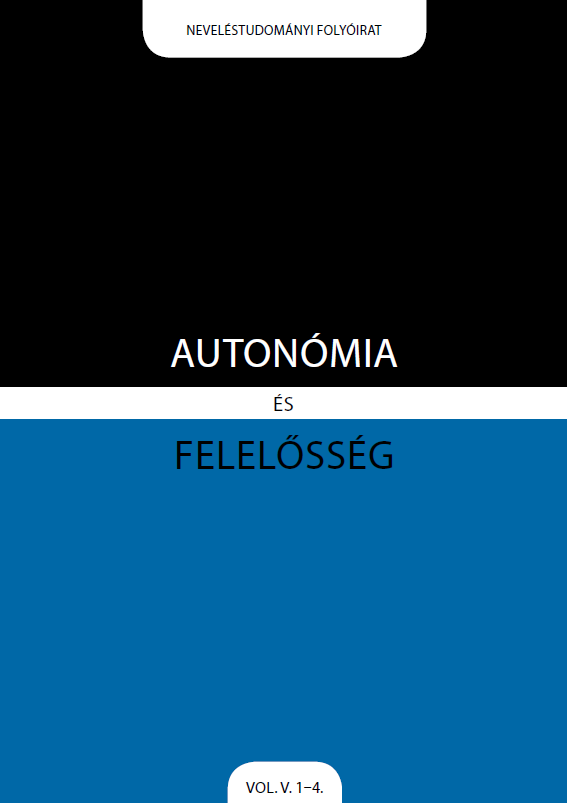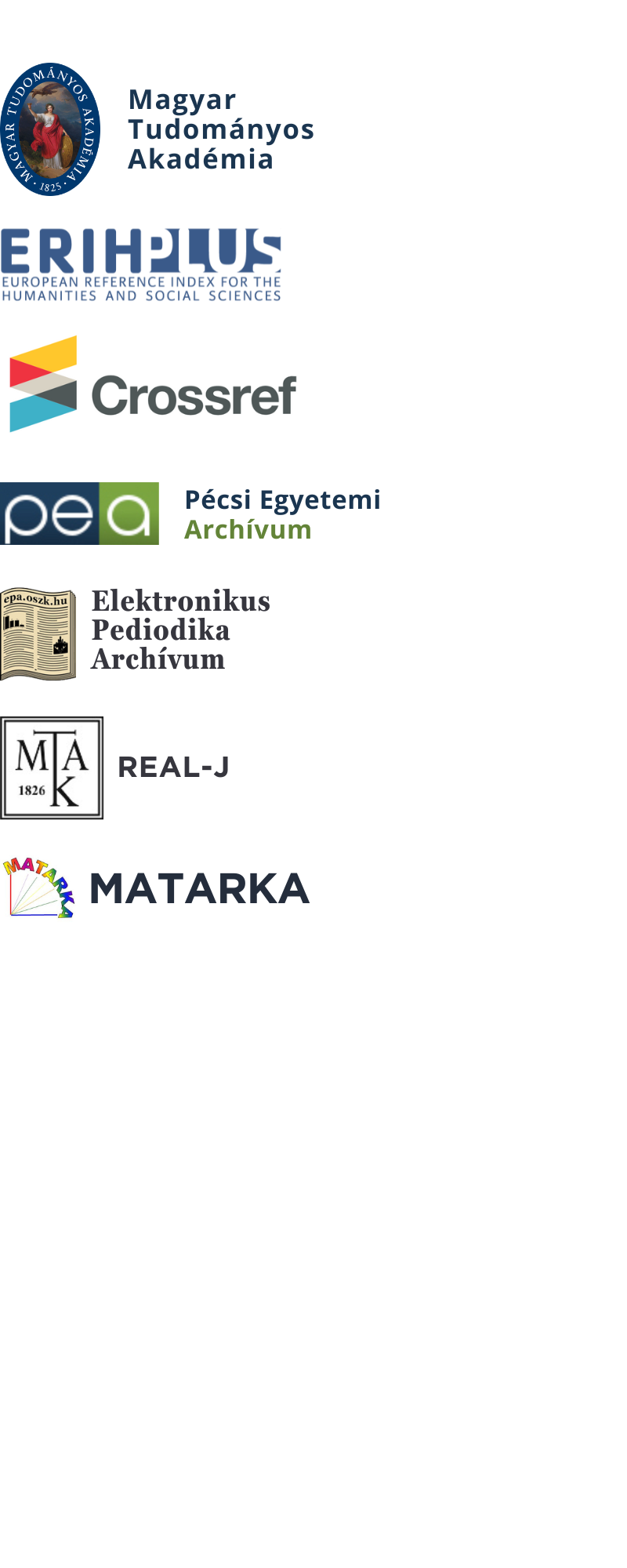New ways in teacher education - Development of the competences of trainee teachers in the framework of the „Teach for Hungary” programme
DOI:
https://doi.org/10.15170/AR.2020.5.1-4.6.Keywords:
teacher education, non-formal learning support programmes, changes in personal and social competencesAbstract
One of the central issues of educational sciences is what factors determine an effi cient, effective and equitable learning process (Lannert, 2004). The determinant of the successful study path is the well-prepared, competent teacher (Falus, 2004) and the diversifying learning environment characterized by inclusion, which also involves informal and community learning opportunities (Varga, 2018). We aimed to explore the preparation and support activities of teachers, student-social environmental elements and practical activities that may help trainee teachers prepare for the teacher’s career. In our study, we present the impact of the „Teach
for Hungary” programme with regard to university students. The comparative analysis of the fi nal documents of the preparation course and refl ective essays following the acquisition of mentoring experience allows us to look at the development of the student teachers and non-teacher students participating in the programme, examining the mutually reinforcing effect of formal and non-formal learning spaces. In the sample of 22 students examined, it is clear that by focusing on emotional intelligence, students have seen changes in personal and social competence status as a success, and the failures that appear have been interpreted as a
challenge and an area to be developed. The study confirms that non-formal learning support programmes that give trainee teachers a chance to practice in diverse student support micro groups should play an important role in teacher education. Preferably in a diverse practical fi eld with real challenges, recognizing the social context of education, focusing on the
mobilization and development of emotional intelligence, practising the toolbox of becoming a partner.
Downloads
Downloads
Published
How to Cite
Issue
Section
License

This work is licensed under a Creative Commons Attribution-NonCommercial-NoDerivatives 4.0 International License.



